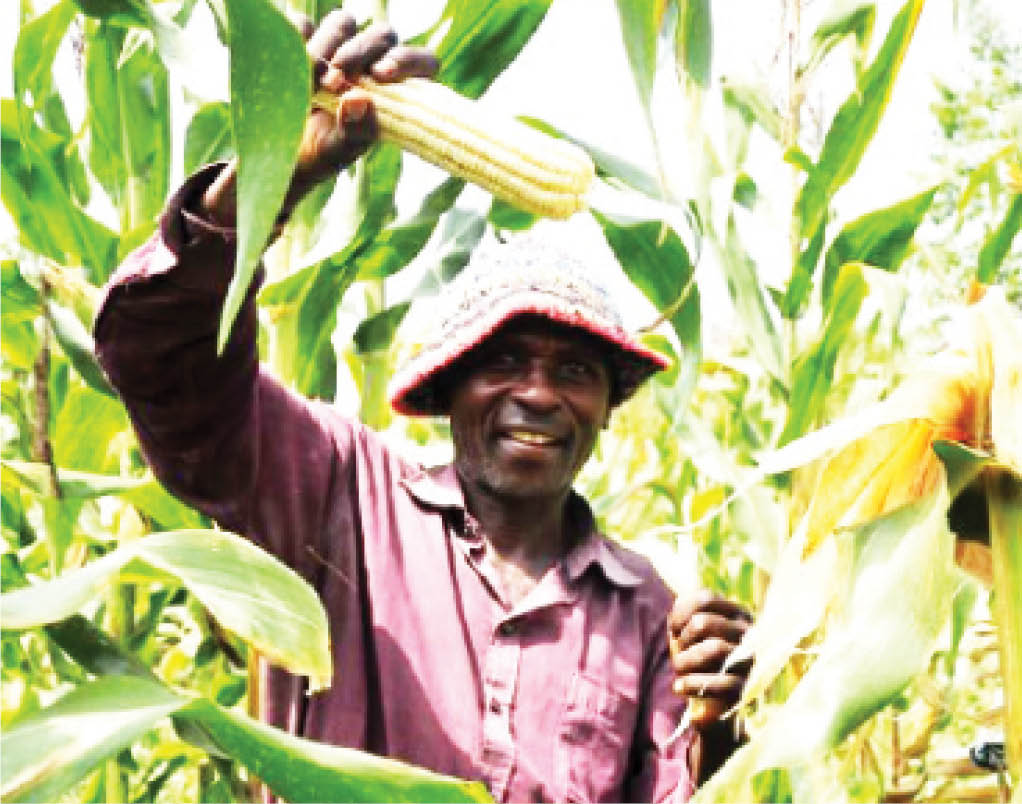Maize farmers counter poultry owners on importation demand
The Maize Council, under the leadership of Maize Association of Nigeria (MAAN) and Maize Growers, Farmers and Manufacturers Association of Nigeria (MAGFAMAN), has described the agitation by some associations, including the Poultry Association of Nigeria seeking to import maize from the official foreign exchange market, as “needless and counterproductive.’’ The Council described the call “as […]

A maize farmer
The Maize Council, under the leadership of Maize Association of Nigeria (MAAN) and Maize Growers, Farmers and Manufacturers Association of Nigeria (MAGFAMAN), has described the agitation by some associations, including the Poultry Association of Nigeria seeking to import maize from the official foreign exchange market, as “needless and counterproductive.’’
The Council described the call “as a calculated attempt to further hinder maize production in Nigeria.’’
- What bandits commanders told me in Zamfara forests Sheikh Gumi
- Top bandits commander, Buharin Daji, to lay down arms soon Matawalle
The president of MAAN, Dr Abubakar Bello Funtua and his counterpart from the MAGFAMAN, Dr Edwin Uche, said the current high price of maize was occasioned by the COVID-19 pandemic, which disrupted supply chains and increased the cost of inputs for many farming activities.
They stressed that the hoarding of maize by some commodity agents also resulted in “artificial scarcity and attendant price hike,’’ which has effect on commercial consumers like poultry farmers and consumer goods manufacturers that use maize as a key input in their production processes.
They said the price of maize would fall in the coming days because the Federal Government, through the Central Bank of Nigeria (CBN), has graciously approved the release of 300,000 metric tonnes of maize this February to targeted markets to ameliorate the adverse effect of price hike and scarcity in the country.
“Importation of maize grains into the country at this crucial period will serve as disincentive to maize production, farmers and food chain system in the country. We believe that not acceding to maize importation will aid, not just attaining food security as a country but also in creating job opportunities and fostering economic development,’’ Dr Bello stressed in his speech.
